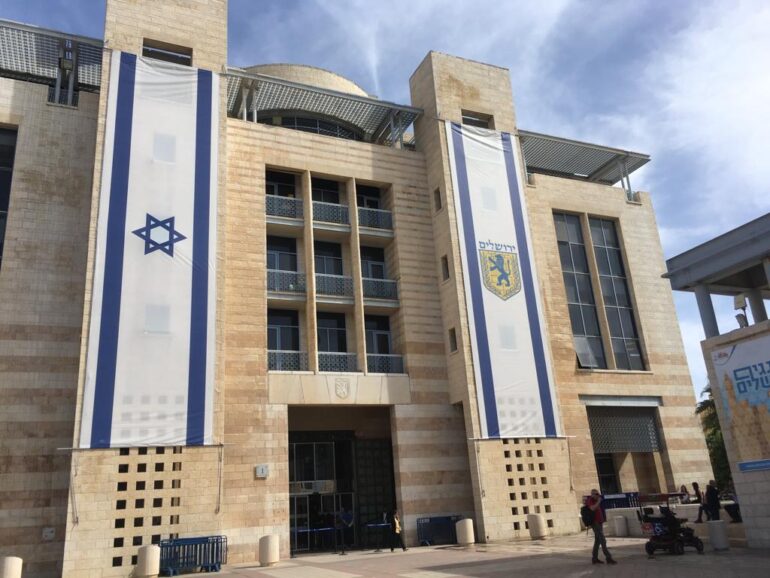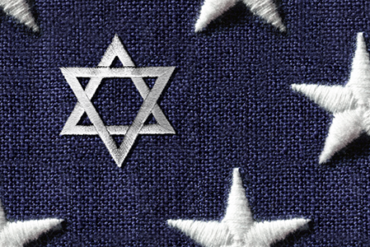In 1948 – after nearly a decade of struggle – Israel declared independence from the British Empire. But immediately following that declaration, Israel was invaded by the armies of neighboring Arab states that were armed, trained and led by British officers.
Although the Jewish underground forced the British to leave Palestine, Israel didn’t actually win the war of 1948. Egypt took the Gaza region, destroying whatever Jewish communities remained, and Jordan took what became known as the West Bank, including the most historically relevant parts of Jerusalem.
Losing Jerusalem meant Israel lost the war (Israel can’t win a “Zionist” war without Zion). But we obviously didn’t lose as bad as the Palestinians, who suffered a catastrophe that still requires much healing. Despite losing Jerusalem and the cradle of Jewish civilization, Israel survived. And because of the Jewish people’s tragic history, we understandably confused survival with victory.
But 19 years later, Israel did taste victory when we freed Jerusalem from Jordan during the Six Day War. Yom Yerushalayim – Jerusalem Day – commemorates this victory. And just a few days before the celebrations, Rabbis Yehuda HaKohen and Mike Feuer (of The Jewish Story) discuss the historical significance of the Six Day War and how Yom Yerushalayim has influenced the State of Israel’s socio-political trajectory.
For more content from VISION Magazine, subscribe to our newsletter and follow us on Twitter@VISION_Mag_, Facebook and YouTube. If you haven’t already, don’t forget to subscribe to our podcast on SoundCloud, iTunes, Stitcher, or Spotify and leave a rating and review!
To support The Next Stage podcast, head over to our PayPal portal and be sure to write a note that your contribution is for the podcast.
Guest: Mike Feuer
Hosted by: Yehuda HaKohen





